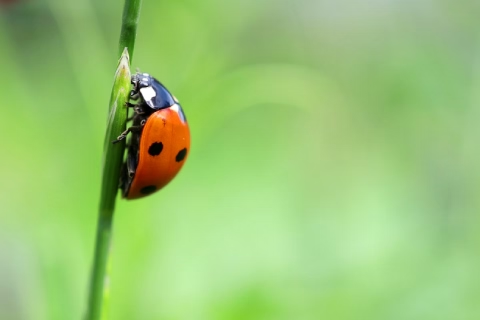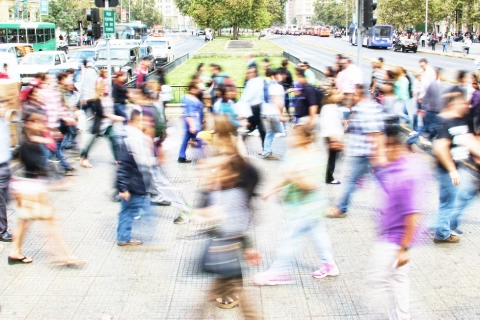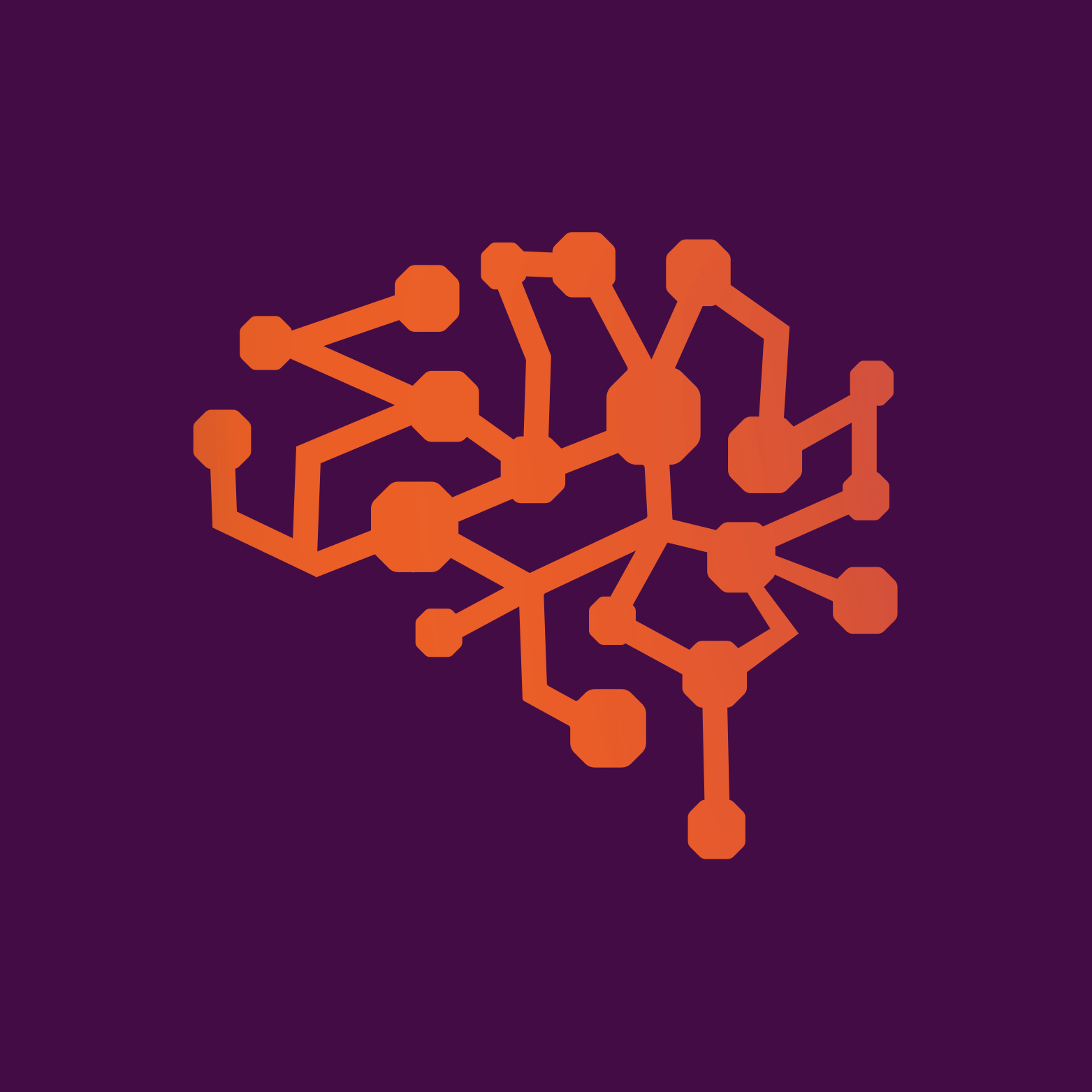e-posters
As has become tradition, the Portuguese Science Summit 2025 will feature a showcase of scientific e-posters.
Every year, we have hundreds of posters submitted. At the venue, it's always a very busy area. It's also where we hope the entire scientific community will gather.
We invite you to submit e-posters and learn more about the work carried out by researchers from our scientific and technological community.
The e-posters will be exhibited at the Science, Technology and Innovation Exhibition, in Videowall format, and will also be displayed in the Virtual Gallery, on the Portuguese Science Summit 2025 website and app.
Scientific areas
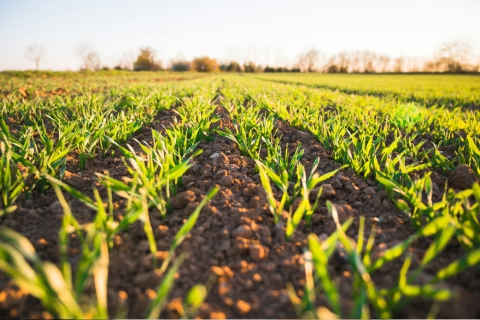
Agricultural Sciences
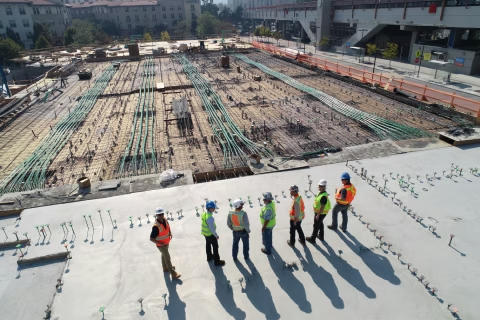
Engineering Sciences and Technology
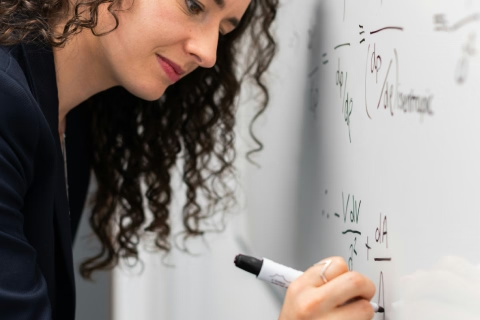
Exact Sciences
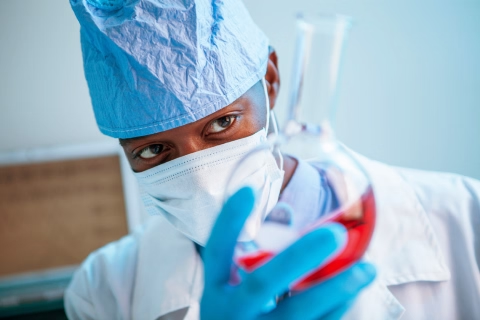
Medical and Health Sciences
More info
Technical specifications
- Required file type: PDF
- Maximum file weight: 5 Mb
- E-poster dimensions: 100 cm x 70 cm or, in pixels: 3937px high x 2755px wide (100dpi) (see example template)
- Language: Portuguese (preferred) or English
Structure and Training
We recommend using a font size no smaller than 46 points for titles and 16 points for body text.
In order to promote the quality of the work, it is also recommended that the e-poster include the following sections:
- the title of the work;
- the name(s) of the author(s);
- name and/or logo of the institution where the work was carried out;
- Portuguese Science Summit 2025 logo[download link];
- the email address of the author(s), in smaller letters.
We also recommend including the following content:
- introduction (clear and concise);
- objectives;
- methodology;
- results obtained / preliminary (depending on the stage of the research work in progress);
- framing the work carried out in the SDGs - Sustainable Development Goals;
- conclusions already reached or expected (including the social and scientific impact of the work);
- references (between 1 and 5 references using the Harvard referencing style).
Review process
The e-posters submitted will be checked for compliance by a committee appointed for this purpose.
The organization reserves the right not to exhibit e-posters that do not comply with the defined submission rules.
Exhibition of e-posters
The approved e-posters will be exhibited at the Science Technology Exhibition, in Videowall format, and (with the prior authorization of the authors) will also be exhibited in a Virtual Gallery on the Portuguese Science Summit 2025 website and app.
Only e-posters submitted by the deadline will be considered.
Submission deadline
E-posters must be submitted by June 23, 2025, by registering on the Portuguese Science Summit app: Portuguese Science Summit 2025
